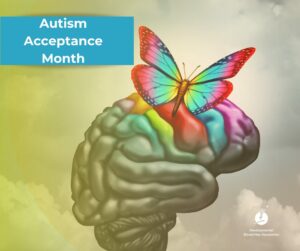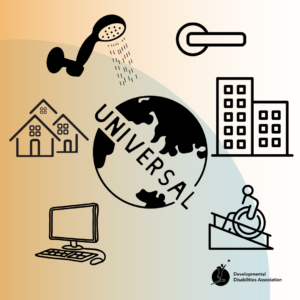DDA celebrated Pink Shirt Day yesterday to show our support against anti-bullying, however showing our support for anti-bullying shouldn’t just happen on one day, or by wearing a pink shirt. We must take a stance and start the conversations with our loved ones about bullying, whether they are being bullied or the bullies themselves. Not just in schools and in cyberspace, bullies everywhere, they exist in workplaces, grocery stores, restaurants, and in families. We hear stories about children being bullied in school, and how it carries with them throughout their adulthood.
With great intentions, I read on a billboard advertisement, to “erase bullying”. It angered me because it’s not about erasing or deleting bullying. It’s about education, having conversations about stereotypes and discrimination, welcoming and celebrating differences, and forgiveness & relationships. 64% of adolescents reported to have been bullied, and 40% of adults are bullied in the workplace. The damage is real. Let’s work together to combat these numbers. Here are a few tips to help lower these statistics.
1. Don’t be a bystander. Step up and speak up. The chilling case of Kitty Genovese in the 60s being beat up outside her home with neighbours around frightens us all. This is not an urban legend nor a blast from the past. It still happens today. More recently, it took 16 minutes for paramedics to help a man who was severely hurt at the Quebec metro station earlier this month. He eventually died, but videos showed several bystanders walk past him without seeking help. Similar with bullying, if you know someone is being bullied, seek help and offer support to the person being bullied. You are just not helping with one situation but sending a message that what is happening isn’t okay and we all need to pitch in and help.
2. If it feels wrong, it probably is. Bullying comes in several shapes and sizes. It may not be typical loud mouth bullied coming to beat you up physically in the alley. If you feel uncomfortable and someone is preventing you from being yourself, then it is very likely bullying. Speak up and confide in someone who can help deter these actions.
3. Celebrate diversity. If you have a family with young children, start by teaching them about differences and inclusion. Teach them that people come from various racial and cultural backgrounds, physical and mental abilities, gender and sexual orientations, and they are all like us. Thankfully there are a lot of books and toys that can teach children about this. Recently I pleasantly saw a selection of dolls with physical disabilities, glasses, and racial backgrounds.
4. Speak up. Look at the big picture. Bullies are just like everyone else, except they use intimidation to get what they want. Don’t let them. Speak up and curb the behaviour before it becomes mentally draining. If you don’t feel comfortable speaking up, confide in someone who can help you in the situation.
5. Don’t fuel the fire. Our natural instincts when we are hurt by someone is to hurt that person back. It is a lot easier to be said than done but acting vengeful doesn’t help any situation and can make it worse. Remember words hurt and be the bigger person by stepping away.


